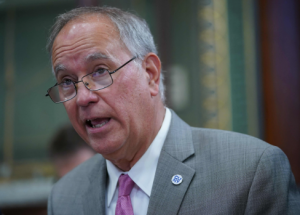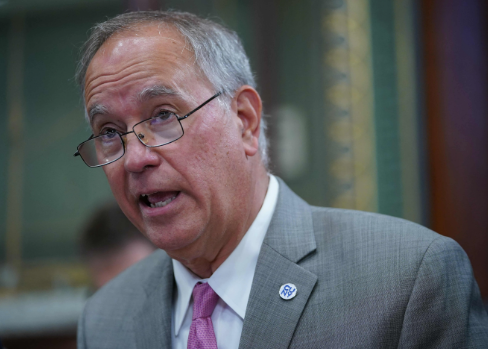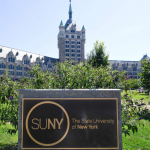CUNY Chancellor Faces Criticism for Inaction on Campus Antisemitism
Members of the New York City Council sharply criticized CUNY Chancellor Félix Matos Rodríguez during a hearing on Monday for his inability to demonstrate meaningful improvements in addressing antisemitism across the university system. The session, held by the Council’s Committee on Higher Education, followed increasing reports of antisemitic incidents and anti-Israel protests on CUNY campuses.
Council Members Demand Answers
The hearing saw harsh rebukes from council members, particularly from Jewish caucus members, who expressed frustration with the Chancellor’s vague responses. Councilwoman Julie Menin of Manhattan called the lack of answers “wholly unsatisfactory,” adding, “It’s not enough just to show up.”
Councilman Eric Dinowitz, chairman of the Higher Education Committee, echoed the sentiment, emphasizing, “This hearing is not about what’s in your heart. It’s about CUNY policies, and the policies that have so far failed to meaningfully keep our students safe and make them feel welcome on our CUNY campuses.”

Antisemitism on CUNY Campuses
The scrutiny comes in the wake of heightened antisemitism on college campuses following the October 7 Hamas massacre in Israel. New York City, including CUNY, has been a focal point for protests. A May incident on campus resulted in 25 arrests and extensive property damage, including broken glass doors and vandalized offices. In September, Jewish students at Baruch College were reportedly harassed by Students for Justice in Palestine (SJP) members and told to “go back to Brooklyn” during anti-Israel demonstrations.
One particularly troubling incident involved the defacement of a Baruch College building with the message, “OCT 7 IS FOREVER,” shortly before the anniversary of the Hamas attack.
Student Testimonies Highlight Gaps
Jewish students provided testimony during the hearing, sharing their experiences of feeling unsafe and unsupported. Maya Gavriel, a Baruch College student, spoke of being ignored after reporting incidents. “I saw no reprimand for these actions and was left feeling invisible and unsupported by my administration,” she said.
CUNY’s Response and Investments
Chancellor Matos Rodríguez defended the university’s efforts, pointing to $1.3 million in initiatives to combat hate crimes over the past two years, including $550,000 allocated by the Council. He cited dialogue training sessions and freedom of expression work groups as examples of CUNY’s commitment to addressing antisemitism.
However, the Chancellor and his deputies were unable to provide specific data, including the number of complaints filed through the antidiscrimination portal established for students to report incidents.
Criticism of SJP and Campus Climate
Students for Justice in Palestine (SJP), a group active on CUNY campuses, has faced accusations of creating a hostile environment for Jewish students through aggressive rhetoric and inflammatory actions. Jewish leaders have called for increased oversight of SJP’s activities, pointing to their role in organizing protests that often escalate tensions.
Looking Ahead
While the university has made financial investments and policy updates, council members and students remain unconvinced that these measures adequately address the deepening crisis. The hearing underscored the urgent need for stronger policies and transparent accountability to protect Jewish students and foster an inclusive campus climate.



